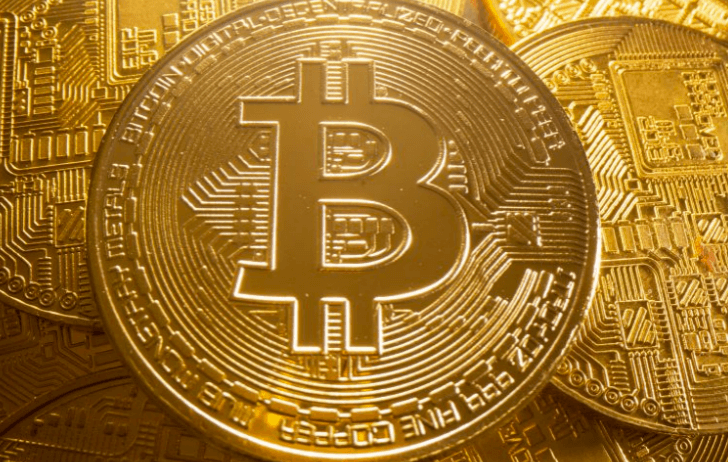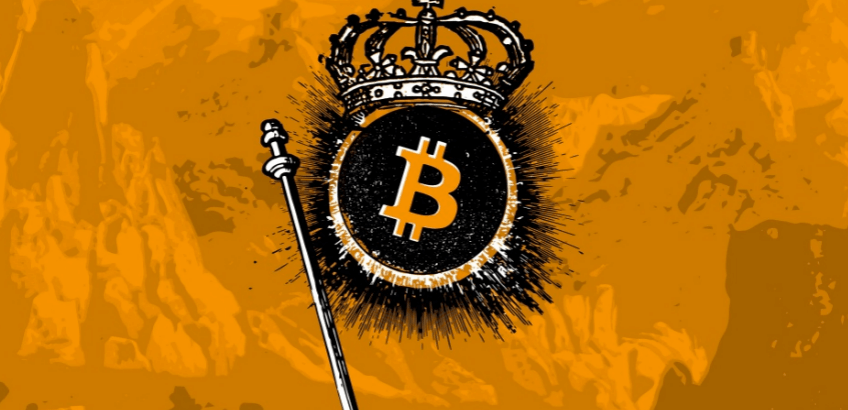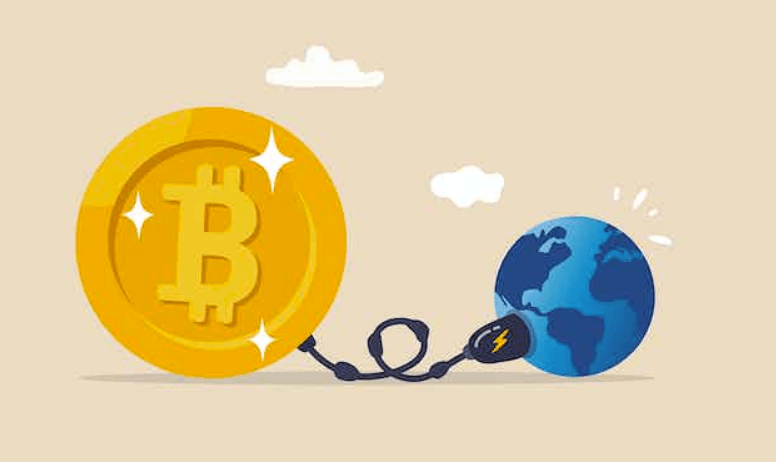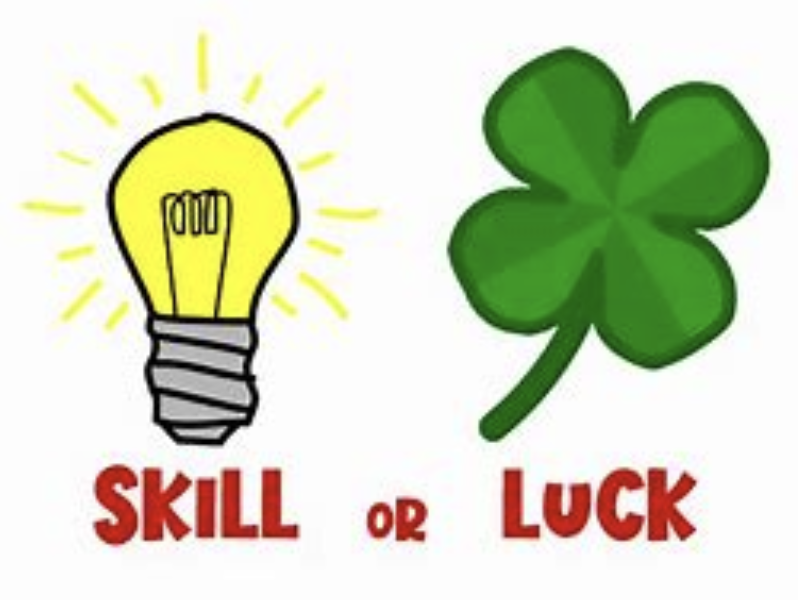Something you need to know about Bitcoin
In 2008, a self-proclaimed Satoshi Nakamoto wrote an article on the Internet, stating his new vision for electronic currency, and since then Bitcoin was launched and swept the world. The so-called Bitcoin refers to a peer-to-peer, decentralized digital currency. But what is the principle of Bitcoin?

Let me give you an example:
In order to encourage the staff to work actively, the shopkeeper came up with an idea. Those who work diligently will be rewarded with points. The points can be exchanged for vacations. At the end of the month, they can also get a few strings of copper coins. The accountant Bill is responsible for recording the changes in the points. This system seems to be very good. Everyone is working extremely hard, and the shopkeeper is elated. As a result, two months later, Tom found out that something was wrong. Every day, he got up early and went to bed very late. Why did Ben have a lot more points than himself? So he reported this to the shopkeeper.
Watching Bill and Ben exchanging glances with each other, the shopkeeper understood immediately and decided to make changes: Bill is no longer responsible for keeping points; everyone starts to keep track, and every day after work everyone checks today's points together, and everyone passes the result before it counts, and whoever first calculates today's points changes every day will be rewarded with an extra point.
The new policy of the shopkeeper is in line with the basic principles of Bitcoin: 1. Bill is no longer responsible for keeping points; everyone has a ledger, which is decentralization; 2. Everyone can exchange the points recorded on the ledger for holidays or copper coins, which is the digital currency; 3. Everyone can supervise and trade with each other, this is peer-to-peer; 4. The person who calculates the points first can get the reward, which is mining; 5. If someone is afraid of offending others, the ledger handed over can be anonymous; 6. Un-reproducible and limited.
What do you think of Bitcoin? I think the key is to capture the core feature of being unreproducible and limited. Once a point change occurs, it will be recorded in everyone's ledger synchronously, and there is no way for Bill to copy points for Ben. At the same time, holidays and coins are limited, so the points are limited. The same goes for Bitcoin, which has a cap of 21 million.

Since Bitcoin is not replicable and limited in quantity, from an economics point of view, it has scarcity, and with scarcity, plus a good story, as well as its various advantages, Bitcoin may be able to replace fiat Currency, and its future value is infinite. This explains why the price of one bitcoin can skyrocket, which is very similar to diamonds.
Even though there are man-made diamonds today, story like “A diamond lasts forever, and one will last forever” keeps their prices high. What's more, Bitcoin itself can't be copied, so as long as someone is willing to believe the story of Bitcoin, its value can always be high, so we can't deny that Bitcoin is a good investment or a digital collectible.

But can Bitcoin really replace fiat currency? Obviously not. The existence of currency is not for everyone to collect or hype, but for more convenient transactions. Once bitcoin becomes legal tender, because of its limited quantity, everyone will start to hoard it. There will be fewer and fewer bitcoins circulating in the market, and the price will be higher and higher. Everyone will further hoard it, which will eventually lead to a vicious circle. The whole economy will simply collapse
(Writer:Silly)



